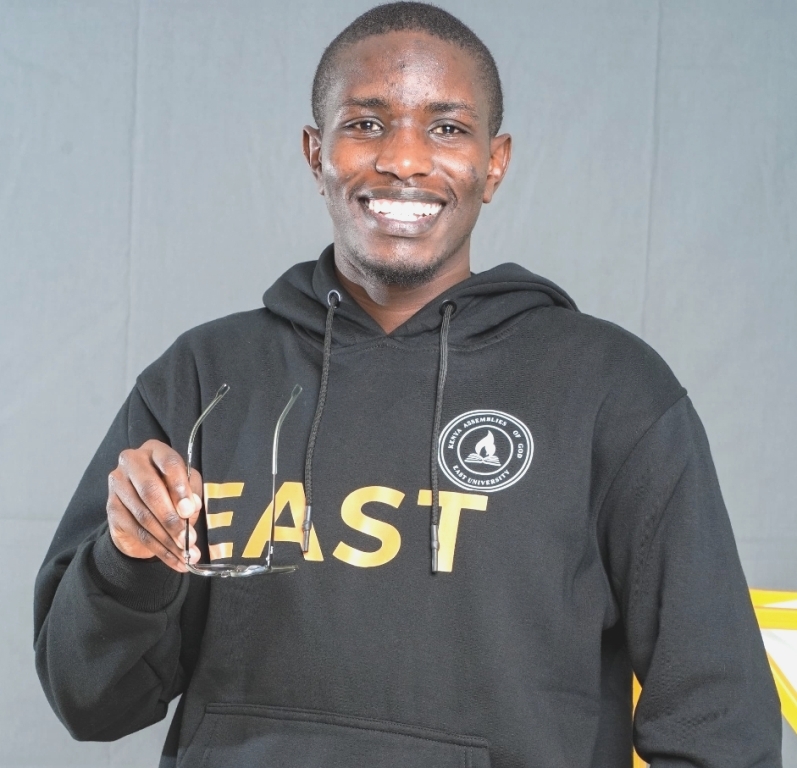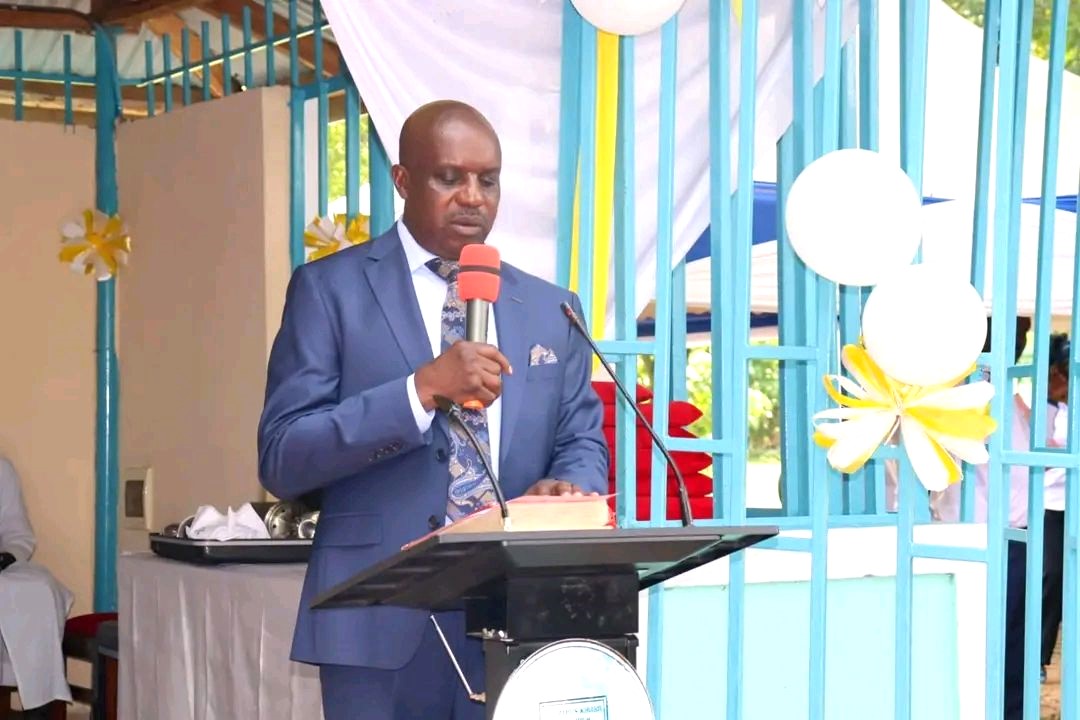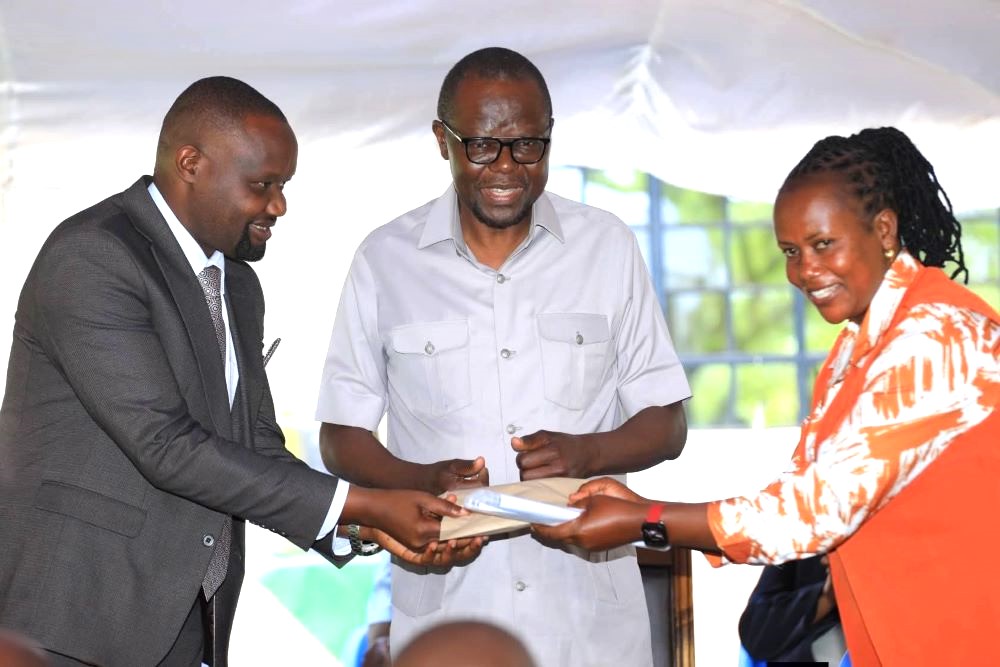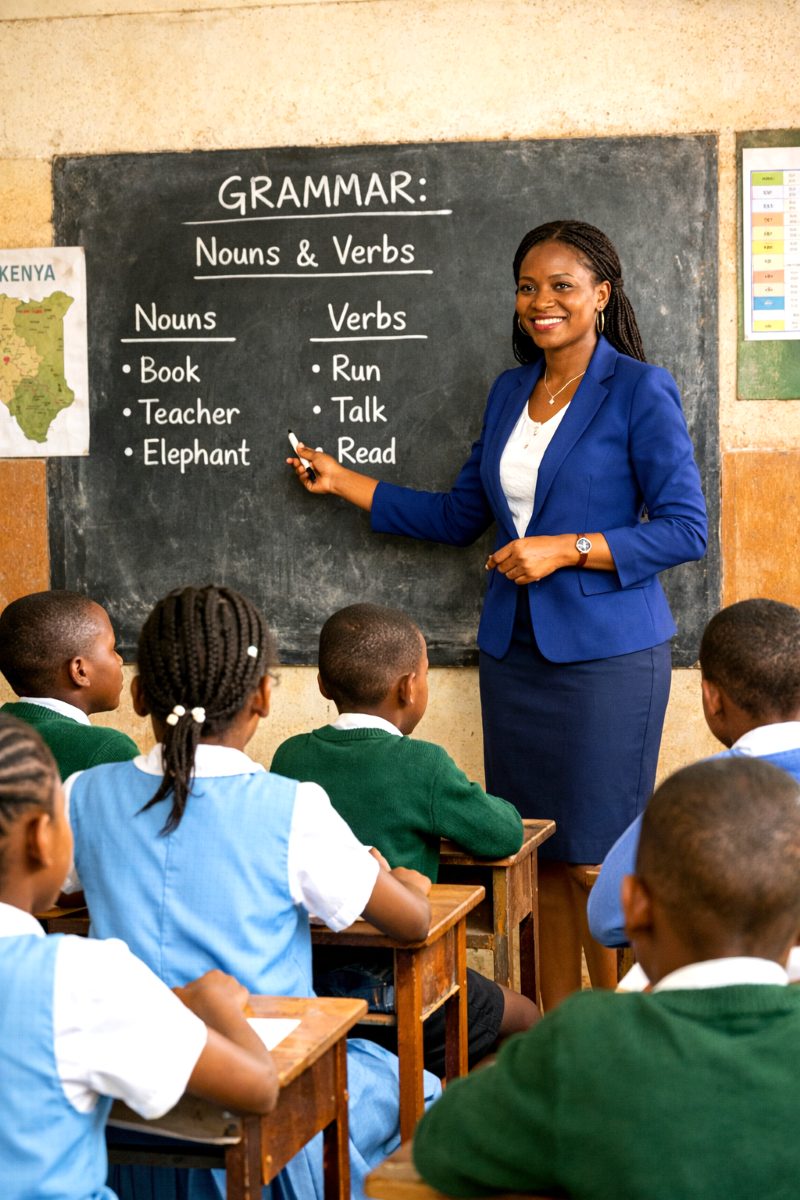Walk into a random school in Kenya today and ask learners which subject gives them nightmares. You’ll hear a chorus louder than the school bell: ‘Kiswahili’. To many, the language of ujamaa and umoja has become a monster in the timetable; complex, confusing and uninspiring. Yet Kiswahili, Kenya’s national and official language, should be the one subject that unites rather than divides.
So, what went wrong? Why are learners running away from Kiswahili faster than they would from a surprise composition test?
Let’s be honest: Kiswahili grammar (sarufi) can feel like mathematical equations in disguise. Terms like ngeli, viambajengo, vitenzi and shina often leave learners scratching their heads. The constant memorisation of noun classes (ngeli za nomino) and the rules of ufanisi wa vitenzi turn what should be a living language into a battlefield of rules. Unlike English, which many learners encounter from cartoons, music and social media, Kiswahili remains trapped in textbooks. The problem is not that it’s difficult; it’s that it’s taught like Latin: dead, formal and exam-oriented. Learners aren’t speaking it; they’re simply studying it.
In many Kenyan homes, children grow up speaking their ethnic language first: Kikuyu, Luo, Kalenjin, Luhya or Kamba. Kiswahili comes later, often as a ‘school language.’ By the time they start school, Kiswahili is already competing with English, the language of prestige and the mother tongue, the language of comfort. Sadly, Kiswahili loses both battles. English dominates in media, assignments and aspirations. Mother tongues rule at home and in the village. Kiswahili becomes the orphan language; spoken only when necessary, never out of pride.
For decades, Kiswahili teaching has suffered from what I call textbook tyranny. Learners are drilled to define methali, identify nahau and label tamathali za usemi without ever using them meaningfully. The subject has been reduced to passing exams rather than mastering communication. You’ll find a learner who can fluently explain what Jazanda means but cannot hold a five-minute conversation in Kiswahili without stammering. We’ve created exam machines, not language lovers. Teachers, too, sometimes bear the brunt of outdated syllabi and limited resources. Some lack confidence in using pure Kiswahili outside class. When learners hear their teachers code switching to English mid lesson, they pick up the message: ‘Kiswahili is secondary.’
In the digital age, language thrives in spaces where young people spend their time; YouTube, TikTok, WhatsApp and Netflix. Unfortunately, Kiswahili has little presence there. Most popular content is in English or Sheng. Sheng, while creative and street smart, has quietly stolen Kiswahili’s throne among the youth. It’s the language of coolness, rebellion and relevance. Traditional Kiswahili, on the other hand, feels too stiff and old fashioned to many learners. Without vibrant Kiswahili influencers, music, films and memes, the language risks becoming a classroom relic; something you ‘learn’ but never ‘live.’
READ ALSO:
Where are women? Fury over male-dominated teaching staff at West Pokot school
Let’s face it; many learners believe Kiswahili is for those who aren’t ‘good enough’ in English. Society has glorified English as the language of intelligence, class and progress. A learner who speaks fluent English earns admiration; one who speaks eloquent Kiswahili often faces teasing. This linguistic classism has poisoned young minds. Instead of seeing Kiswahili as a badge of identity, many view it as a sign of mediocrity. Even in urban homes, parents encourage children to ‘speak English properly,’ rarely to ‘speak Kiswahili beautifully.’
Yet all is not lost. Kiswahili can be revived, rebranded and reignited. It must first be made alive again. Language is caught, not taught. We need to turn Kiswahili lessons into experiences. Instead of endless grammar drills, let learners perform ngonjera, write blogs, host Kiswahili podcasts or act in short films. Encourage storytelling, debates and creative writing in Kiswahili. Let the language walk out of the classroom and into life; on notice boards, school radio, drama festivals and online platforms.
Kiswahili also needs a digital rebirth. The Kenya Institute of Curriculum Development and creative entrepreneurs should invest in Kiswahili apps, YouTube lessons, digital storybooks and games that make learning fun. Imagine a Kiswahili version of Duolingo or Wordle; interactive, modern and engaging. The language must become part of the online conversation, not an afterthought.
No subject can rise above its teachers. Kiswahili teachers should be trained not just in language, but in passion. Workshops on creative teaching, digital content creation and cultural integration would transform how the subject is delivered. Let them use humour, drama and relatable examples instead of rote memorization. A passionate teacher can make ngeli sound like poetry.
We must also rebrand Kiswahili. The government, schools and media houses should celebrate Kiswahili excellence the same way we celebrate English eloquence. Recognize top Kiswahili speakers and writers publicly. Schools can hold ‘Kiswahili Day’ just like ‘French Day’ or ‘Science Week.’ When learners see pride attached to Kiswahili, they’ll follow suit.
And finally, parents must set the example. If children hear Kiswahili spoken fluently and proudly at home, they’ll adopt it naturally. Encourage bilingual homes where Kiswahili is not just tolerated but celebrated. The more the home validates the language, the more naturally it will flow in classrooms and communities.
Kiswahili is not dying; it’s sleeping. What we’re witnessing is not rejection but neglect. Beneath the confusion and disinterest lies a beautiful, rich and poetic language waiting to be rediscovered. If Kenya is to remain taifa lenye umoja, we must restore Kiswahili to its rightful throne; not just as a subject, but as a soul. It’s time to teach it with fire, speak it with pride and live it with joy.
After all, a nation that loses its language doesn’t just lose words; it loses identity.
By Isaiah Rolvin
Isaiah Rolvin, is a teacher of Kiswahili at Westlands sub-county and a Kiswahili Masters Student at Kenyatta University.
You can also follow our social media pages on Twitter: Education News KE and Facebook: Education News Newspaper for timely updates.
>>> Click here to stay up-to-date with trending regional stories
>>> Click here to read more informed opinions on the country’s education landscape
>>> Click here to stay ahead with the latest national news.






